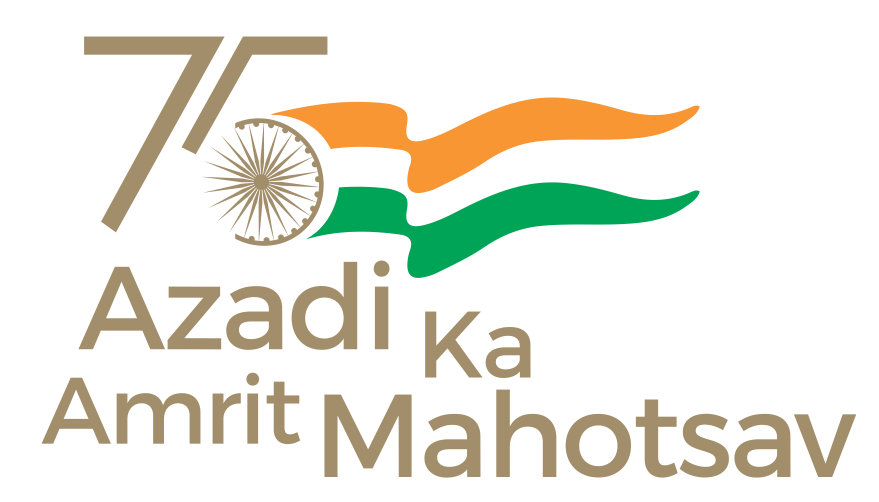


.jpg)
.jpg)
.jpg)

A Centre of Excellence in knowledge and technological innovation research-hub in the field of Electronics and Communication Engineering by creation of a skilled manpower to meet the local, national and global needs of industry and society
Mission
Program Outcomes (POs)
| PO1 |
Engineering knowledge: Apply the knowledge of mathematics, science, engineering fundamentals, and an engineering specialization to the solution of complex engineering problems.
|
| PO2 |
Problem analysis: Identify, formulate, review research literature, and analyse complex engineering problems reaching substantiated conclusions using first principles of mathematics, natural sciences, and engineering sciences.
|
| PO3 |
Design/development of solutions: Design solutions for complex engineering problems and design system components or processes that meet the specified needs with appropriate consideration for the public health and safety, and the cultural, societal, and environmental considerations.
|
| PO4 |
Conduct investigations of complex problems: Use research-based knowledge and research methods including design of experiments, analysis and interpretation of data, and synthesis of the information to provide valid conclusions.
|
| PO5 |
Modern tool usage: Create, select, and apply appropriate techniques, resources, and modern engineering And IT tools including prediction and modelling to complex engineering activities with an understanding of the limitations.
|
| PO6 |
The engineer and society: Apply reasoning informed by the contextual knowledge to assess societal, health, safety, legal and cultural issues and the consequent responsibilities relevant to the professional engineering practice.
|
| PO7 |
Environment and sustainability: Understand the impact of the professional engineering solutions in societal and environmental contexts, and demonstrate the knowledge of, and need for sustainable development.
|
| PO8 |
Ethics: Apply ethical principles and commit to professional ethics and responsibilities and norms of the engineering practice.
|
| PO9 |
Individual and team work: Function effectively as an individual, and as a member or leader in diverse teams, and in multidisciplinary settings.
|
| PO10 |
Communication: Communicate effectively on complex engineering activities with the engineering community and with society at large, such as, being able to comprehend and write effective reports and design documentation, make effective presentations, and give and receive clear instructions.
|
| PO11 |
Project management and finance: Demonstrate knowledge and understanding of the engineering and management principles and apply these to one’s own work, as a member and leader in a team, to manage projects and in multidisciplinary environments.
|
| PO12 |
Life-long learning: Recognize the need for, and have the preparation and ability to engage in independent and life-long learning in the broadest context of technological change
|
Program Specific Outcomes (PSOs)
| PSO1 | Graduates will be able to achieve excellence in the fields of VLSI, Signal Processing and Communications related Engineering disciplines by acquiring the knowledge in basic science, mathematics, circuit design, signal processing to develop the technologically innovative systems. |
| PSO2 | Graduates build their professional career by acquiring expertise on EDA tools, concepts and knowledge in emerging multidisciplinary fields with managerial, entrepreneurial skills to become team players, leaders, Technocrats and Entrepreneurs. |
| PSO3 | Graduate will acquire adequate theoretical and practical knowledge of Electronics and Communication Engineering knowledge to comprehend, analyze, design and create innovative solutions for Research and Development , Industry and societal requirements. |
| PSO4 | Encourage graduates to become good human beings and responsible citizens for the overall welfare of the society with a global outlook. |
Program Educational Objectives (PEOs)
| PEO1 | Ensure practicing Electronics and Communication Engineers contribute to industry or academia in contemporary and multidisciplinary issues using appropriate EDA tools in a responsible, professional, social, economical and ethical manner including safety and environmental concerns. |
| PEO2 | Engage innovation and creativity in product development by imparting knowledge, skills and engineering solutions. |
| PEO3 | Encourage effective life-long learning approaches on new development of technologies by updating skills and knowledge to succeed in industry/higher education research. |
| PEO4 | Apply teamwork and leadership qualities with effective communication in the multidisciplinary field that support the overall development of the nation and the world. |